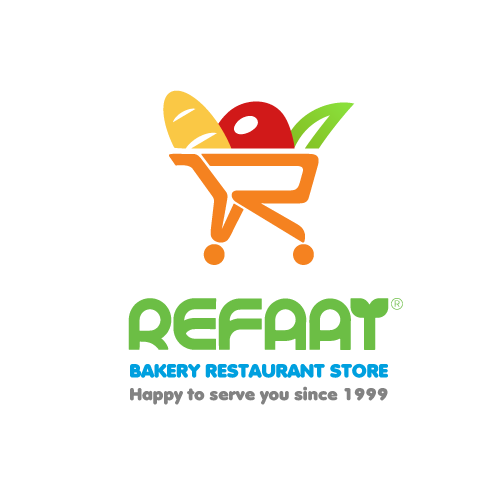How AI Scales Help Supermarkets Reduce Costs and Increase Operational Efficiency

In the face of increasing complexity and uncertainty in the economic environment, reducing costs and increasing efficiency have become priorities for many business owners. An increasing number of supermarket chains, fresh retail stores, fruit shops, and supermarkets are exploring ways to control daily operating costs.
Reducing operating costs can be reflected in areas such as shortening inventory cycles, improving logistics and storage efficiency, and optimizing product structures. In addition, visual smart recognition technology represented by AI scales can effectively enhance store operating efficiency and reduce costs.
- Eliminating Weighing Stations:
Consumers in supermarkets usually need to weigh fresh products at weighing stations before paying, which negatively affects their experience and increases staff costs. However, some stores have eliminated these stations, allowing consumers to go directly to the checkout counter after selecting their products. These stores use AI scales that can automatically recognize products, whether they are bulk or packaged. At checkout, customers simply place the item on the scale, which weighs it, calculates the price, and prints a label, making payment easier without increasing the workload on the cashier.
- Avoiding Potential Sales Losses and Reducing Hidden Costs:
Smart scales in supermarkets help avoid sales losses and reduce hidden costs by improving efficiency. Instead of relying on traditional weighing stations, these scales automatically identify products using cameras and algorithms, speeding up the weighing and price calculation process to less than 3 seconds. This reduces the need to train new employees to remember SKUs, making it easier for them to get started and improving the overall efficiency of the process.
Keywords: Supermarket, smart scales, costs, products.
